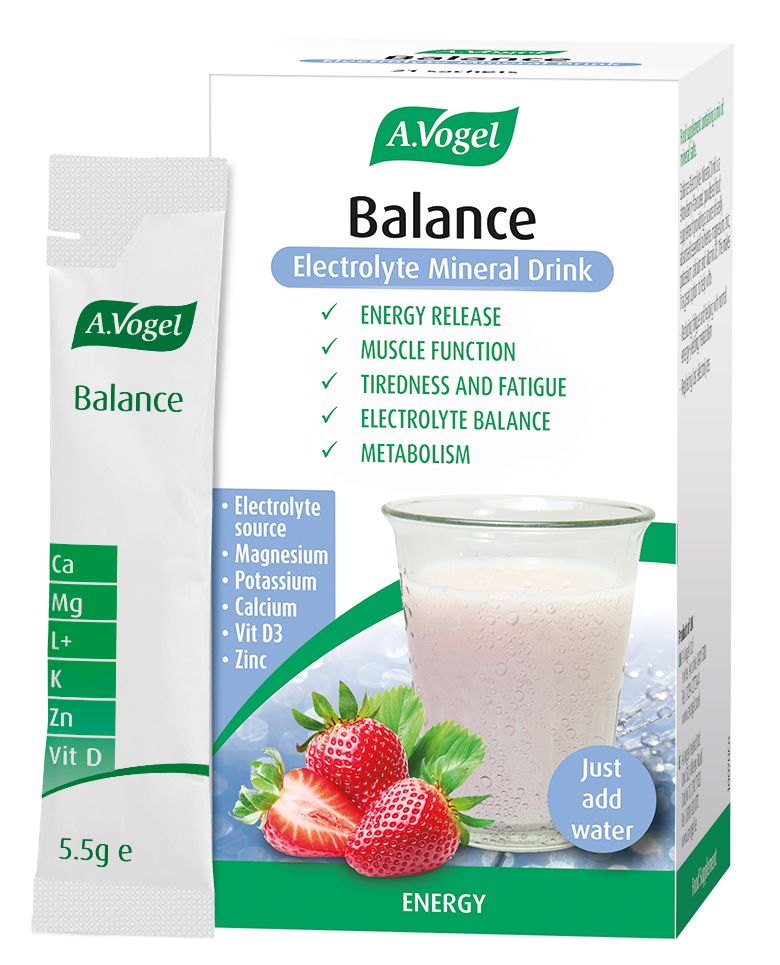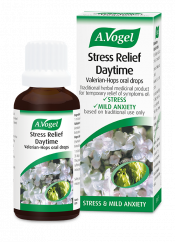Can artificial sweeteners affect mood?
A common artificial sweetener called aspartame has been connected to mood problems.
In one particular study, this conclusion was put to the test. Healthy adults consumed a high aspartame diet for eight days, followed a two-week break before they then consumed a low aspartame diet. The researchers then examined differences in cognition, depression, mood, and headaches.1
Whilst eating a high-aspartame diet, participants were found to show more symptoms of depression and their moods were more irritable.
The high-aspartame diet that participants in this study consumed was well below the maximum acceptable daily intake, yet negative effects on mood were still observed.
So, although further research is needed in this area, at present there seems to be a negative association between sweeteners and mood.
What is aspartame?
There are many different types of artificial sweeteners but aspartame is one of the most common ones. It helps to give food and drinks a sweet taste, without adding calories or contributing to heightened blood glucose levels. However, the effects on mood may not be quite so much to your liking.
My Self-Care Tip: Quick ways to boost mood
For when you need a quick lift to your mood, try out these tips.
How do artificial sweeteners affect the brain?
It is thought that aspartame can heighten levels of certain amino acids that can prevent the release of serotonin, dopamine and neurotransmitters which usually regulate nervous system activity.
There is also the fact that the body reacts to aspartame as it would to stress, causing increased cortisol levels and excess free radicals. This may increase vulnerability to oxidative stress and have a negative effect on mood.2
What foods contain aspartame?
Now, sweeteners can be important for particular groups, such as sufferers of diabetes. They are also hidden in many everyday foods and drinks. Therefore, monitoring your intake, or even cutting down how much you consume, isn't straightforward. Being aware of some common foods that contain aspartame, however, can be helpful.
Some foods that contain aspartame are:
- Diet/no sugar drinks
- Cereals
- Processed meals and desserts
- Drink sweeteners
- Sweets containing gelatine
- Teas and coffees
A.Vogel Balance Electrolyte Mineral Drink with Vitamin D3, Magnesium, Zinc, Potassium and Calcium.
£22.49 (21 x 5.5g sachets) In Stock Get it tomorrow, 5th July.
What is the healthiest sugar substitute?
Honey and maple syrup can make a nice alternative to sugars and sweeteners; however, we don't want to rely on them all the time. So, you could try adding flavour in other ways. For example, cinnamon can be a tasty addition to the likes of porridge and overnight oats. Fresh fruit, on the other hand, adds a touch of sweetness to cereals, plus you can blend up a selection of fruits and vegetables to make healthy, fruity alternatives to sweet drinks.
If you like a teaspoon of sugar or sweetener in your tea, a good tip is to very gradually reduce the amount of sugar in each cup. This way your taste buds will eventually become used to the taste of a less sugar-heavy drink.
For more information on the impact of sweeteners on our health, check out Nutritionist Emma Thornton's blog 'The Truth About Artificial Sweeteners'.









